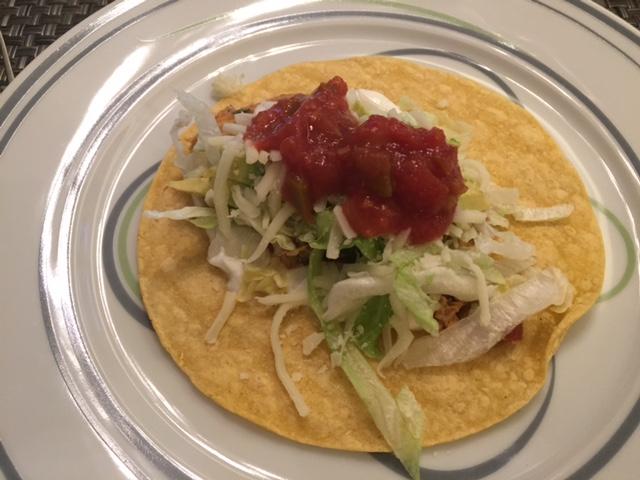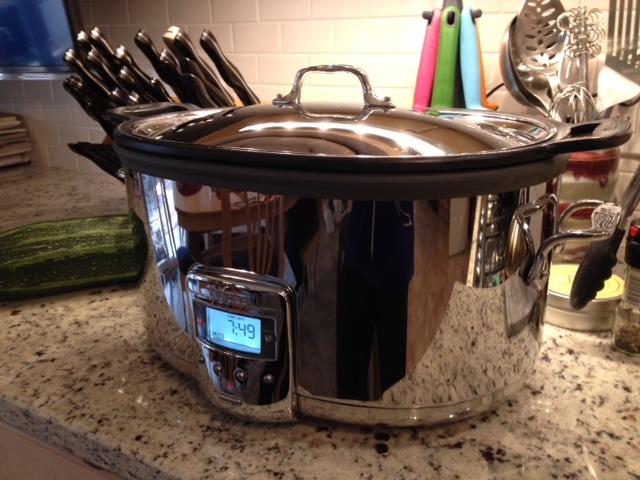There is recent research that has identified willpower as a limited resource. By our own personal experience I think we know this to be true. Why is it, for instance, it is always at the end of the day when we are tired, having fought off food urges all day, that we finally give in to drinking that glass of wine we didn’t want to drink or eat that sweet we swore we weren’t going to touch? Our willpower fails us because it is exhausted after a hard day too.
Roy Baumeister, a psychologist at Florida State University, was one of the first to study this phenomenon of “willpower depletion” or “ego depletion”. He describes willpower as a form of mental energy. From stressful demands at the workplace to verbal sparing matches with a spouse to internal conversations with ourselves about our need to go to the gym or avoid that last cookie in the cookie jar, all these interactions require a form of “self-control” or willpower. Each time we encounter a situation that requires the use of our self-control or willpower we are using up a piece of our daily allotment. According to this theory, it sounds like we are doomed for failure if our willpower is a limited resource. How can we ever change if our willpower runs out just as we are confronting the tough stuff? The key, as other researchers have found, is to create an environment where we don’t need willpower to succeed.
Habits, routines and rituals are the building blocks of our success. They help us create an environment where we don’t need to call upon our willpower for everything, just for the big things. Taking steps to create healthy habits takes planning and patience. A habit is an activity we have done so many times we can do it automatically, without even thinking about it. Think of a world built on healthy habits supporting you in living a healthier lifestyle. Its actions like getting up every morning in time to work out. Its taking the time to plan out your meals once a week and then going to the grocery store so you can count on having the foods you need in your home when you are ready to fix a satisfying and wholesome meal. Its about having right-sized dishware to eat off of so the right amount of food looks plentiful, not puny. It’s replacing your high calorie beer with a tasty lite beer you can reach for and enjoy when you have friends over on a Friday night to hang out and enjoy some good conversation. It’s having your kids, spouse and friends help you out in the kitchen when fixing a meal so everyone is engaged in fixing good-for-you meals, learning about and embracing the process. And it’s about creating new traditions that still celebrate holidays and gatherings yet with a new focus on colorful, delicious dishes that support good health.
Relying on willpower to help us succeed will set us up for failure. Building a life of healthy habits, rituals and routines replaces our need and reliance on willpower, which we now know is a limited resource.





